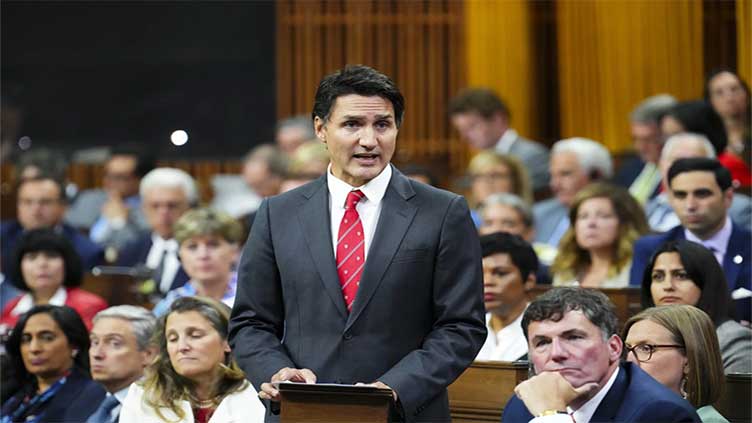Trinidad asks Canada to help stem worsening Caribbean violence

World
Trinidad asks Canada to help stem worsening Caribbean violence
NEW YORK (Reuters) - Prime Minister of Trinidad and Tobago Keith Rowley urged Canada on Thursday to help Caribbean countries reinforce their security by helping with coastal patrols as the region deals with worsening gun violence.
Rowley spoke at a summit in Ottawa where leaders from Canada and Caricom bloc Caribbean nations are expected to discuss climate change, economic development, migration, security and the conflict in Haiti.
"We have a worsening violent crime situation," said Rowley. "We are regarding it as a public health issue. There are few diseases killing as many in Caricom as arms and ammunition."
Rowley told a security session attended by his Canadian counterpart Justin Trudeau that more cooperation between Canada and Caricom would be beneficial, and specified the need for better coastal patrols.
"It may very well be that in conversation with your people, we might be able to find some assistance in that," he said.
Rowley described an "explosion" in the use of illegal firearms, including assault rifles, contributing to the violent killings of around 50 people per day across the region.
Rowley said he had stressed the ease with which U.S.-made firearms are entering the Caribbean with U.S. representatives, and urged Canada to help by assisting with access to small coastal patrol crafts, cyber-security and police training.
Trudeau pledged training for police in Haiti as they battle armed gangs estimated to control large parts of the country, as well as funding for equipment and vaccines.
Earlier this month, the United Nations Security Council approved an international force requested by Haiti's unelected government last year in a bid to help local police restore order. The force would be based on voluntary contributions.
After Kenya offered to lead the force, its parliament temporarily suspended deployments. As security conditions have worsened, many Haitians have left the country while over 200,000 have become internally displaced.


